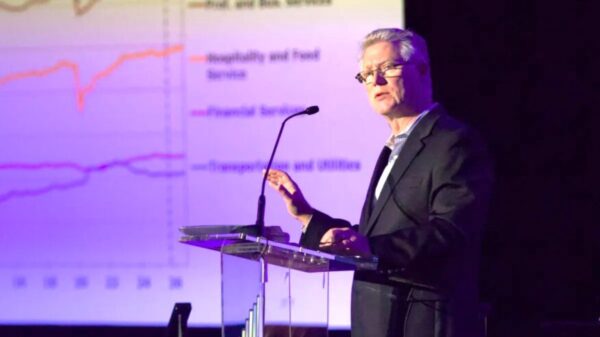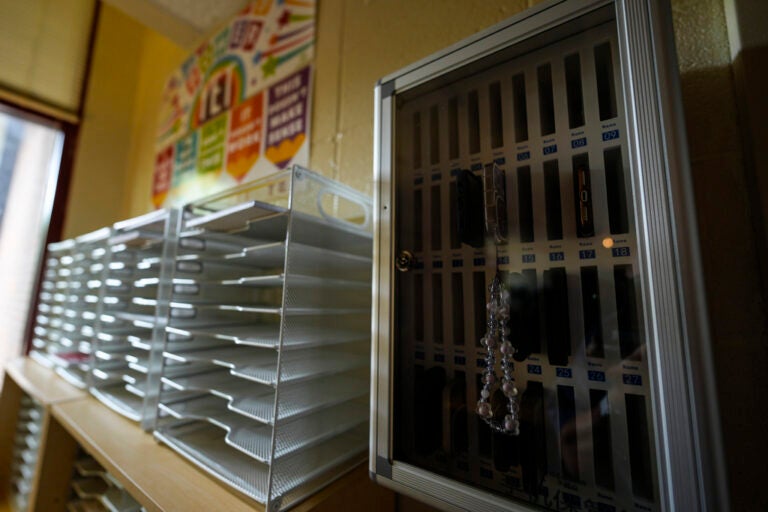A report from the New Jersey Commission on the Effects of Social Media Usage on Adolescents is advocating for a comprehensive “bell-to-bell” cell phone ban in schools. This initiative aims to empower local school districts to implement bans not only during school hours but also on school buses, during sanctioned events, lunch breaks, and between classes.
The commission, which includes students, parents, education officials, and mental health experts, emphasizes the need for legislative measures to regulate online activities among students. One such measure is being sponsored by Assemblyman Cody Miller, a Democrat from Gloucester County. He noted that his proposed legislation would instruct the state Department of Education to create flexible policies for managing cell phone and social media use during instructional time.
Miller stated, “It gives school districts the flexibility to determine which policies work best for them to limit cell phone use within the classroom.” Importantly, the bill allows for exceptions for students with documented medical conditions requiring access to their cell phones.
The mental health implications of social media usage among adolescents are significant. Stephanie Marcello, chief psychologist at Rutgers University Behavioral Health Care, highlighted that social media can adversely affect the social-emotional health of children aged 10 to 19. She noted that increased usage correlates with heightened levels of anxiety, depression, loneliness, and even suicidal tendencies.
Marcello explained further, “Social media exposure can also disrupt academic learning, attention spans, and the ability to interact with peers.” She stressed the importance of learning how to engage with others directly rather than through a screen.
New Jersey Governor Phil Murphy has also voiced support for a statewide ban, asserting that cell phones impede students’ ability to absorb educational material effectively. Currently, schools in Cherry Hill have enacted their own bans, reflecting growing concerns among educators about managing classroom behavior linked to cell phone usage.
According to recent studies, a substantial majority of students engage with social media daily, with almost 50% of teens reporting near-constant online presence. Marcello noted that the specific impact of social media on youth can vary significantly based on several factors, including the specific platforms used, time spent online, and existing vulnerabilities.
The commission’s report does not stop at recommending a ban. It also advocates for a focus on enhancing digital citizenship and media literacy among students. Other critical recommendations include encouraging healthcare providers to screen adolescents for signs of “problematic social media use” to identify risks and provide timely interventions.
Co-chairs of the commission, Pearl Gabel and Charles Gelinas, described the report as a “roadmap for action.” They stated, “Social media has rewired childhood, and the stakes could not be higher.” They believe that New Jersey has the potential to set a precedent in prioritizing the safety and well-being of children.
New Jersey Education Commissioner Kevin Dehmer praised the commission’s diverse panel of experts, committing to ongoing research to tackle the health and academic repercussions of social media use among students.
Miller noted that his bill enjoys bipartisan support and anticipates a vote in the coming weeks. Earlier this year, the New Jersey state Senate passed a similar measure, indicating a growing consensus on the need for regulation within educational environments.
As New Jersey navigates these potential changes, the focus remains on ensuring a balanced approach to technology use within schools, safeguarding both educational integrity and student well-being.




































































